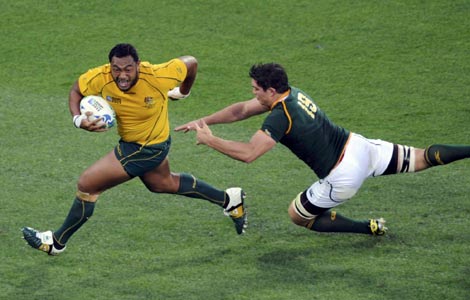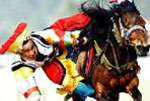HK faces long-term challenges
Updated: 2011-10-12 17:19
(Xinhua)
|
|||||||||||
HONG KONG - Hong Kong Chief Executive Donald Tsang said on Wednesday that the city is facing major economic, livelihood and political challenges that cannot be fully overcome by the current government.
Delivering the 2011-12 policy address to the city's 60-member Legislative Council, which was live broadcast to 7.1 million Hong Kong residents, Tsang summarized the three main challenges: the government's role, ageing population and political reform.
In his seventh and last policy address, Tsang said the current approach of "Big Market, Small Government" is being challenged due to the increasing wealth gap.
"The widening wealth gap has prompted the public to call for government intervention to redistribute income and narrow the gap between the rich and the poor through public policies and fiscal measures. People are having higher and higher expectations of the government's role," Tsang said.
In order to maintain the long-term competitiveness and respond to sudden changes in the global economy, Tsang suggested that Hong Kong should continue to follow the fundamental principle of keeping a low and simple tax regime and a market-led economy. He said the public expenditure should be kept at a level not exceeding 20 percent of the GDP. Further more, he believed the government "should not step in (the market) without good reason. But neither should it adopt a completely hands-off approach".
As for the ageing population, Tsang said Hong Kong should maintain an open immigration policy and attract more talent from outside. "We should plan ahead and make preparations for the return of Hong Kong children living in the Mainland," he said.
According to Tsang, Hong Kong government will introduce policies to help the elderly to retire in the Mainland.
In terms of political reform, Tsang said Hong Kong should maintain high administrative efficiency and build consensus in the community.
"Matters to consider include the role of political groups, the relationship between the administration and the legislature, the nurturing of political talent and political ethics," he said.
Hot Topics
Libya conflict, Gaddafi, Oil spill, Palace Museum scandal, Inflation, Japan's new PM, Trapped miners, Mooncake tax, Weekly photos, Hurricane Irene
Editor's Picks
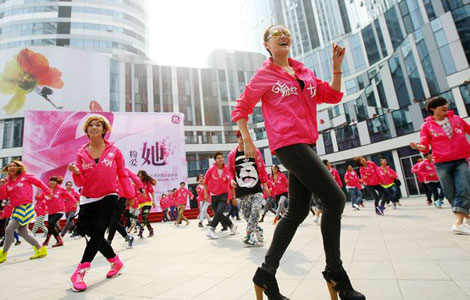
|
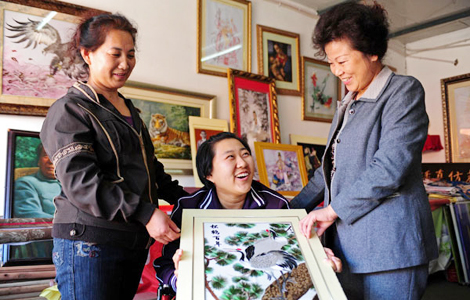
|
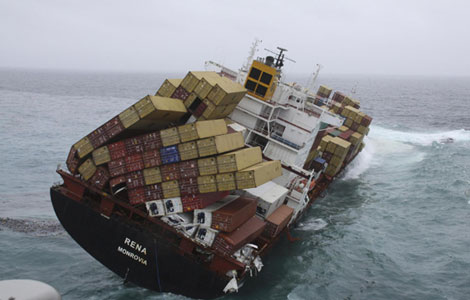
|
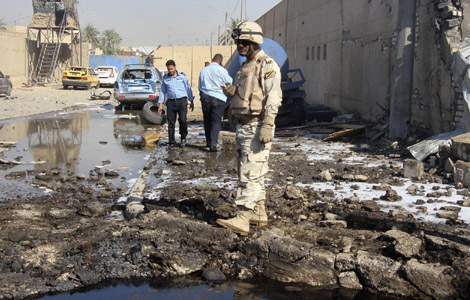
|

|
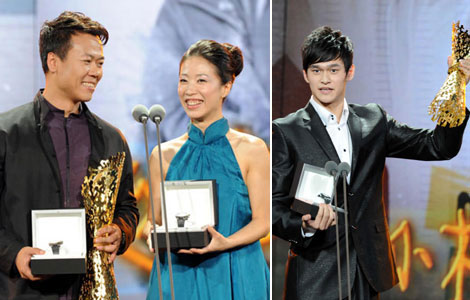
|



